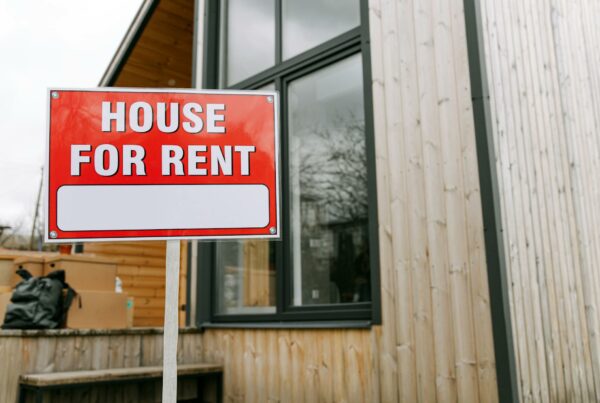Last Updated on February 25, 2024
Property development is an exciting and potentially lucrative venture involving purchasing, renovating, or constructing properties for resale or long-term investment. Whether you’re considering a career in property development or simply looking to dip your toes into this industry, you should know several key things before getting started. This article will outline the top factors to consider when embarking on your property development journey.
1. Do Thorough Market Research
Before delving into property development, the first thing you need to do is conduct thorough market research is essential. You need to familiarize yourself with local real estate trends, demographics, and economic indicators. This will help you identify high-growth potential areas, understand buyer demands, and make informed investment decisions.
2. Define Your Objectives
Also, you need to define your objectives and goals in property development clearly. Ask yourself this question, do you want to specialize in residential, commercial, or mixed-use projects? Having a clear vision will help guide your decision-making process and streamline your efforts toward achieving your desired outcomes.
3. Assemble a Competent Team
Once you have done market research and decided on what kind of property to develop, you need to set up a team. Property development involves various tasks, such as legal considerations, financing, design, construction, and marketing. Building a competent team of professionals, including architects, contractors, real estate agents, lawyers, and financial advisors, will ensure you have the necessary expertise to navigate each stage of the development process effectively.
4. Secure Financing
Developing properties often requires substantial financial resources. Explore different financing options, such as bridge and hard money loans, partnerships, or private investors, to secure the necessary funds for your projects. Establishing a solid financial plan and budgeting accurately will help you mitigate risks and ensure your projects remain financially viable.
5. Understand Planning and Permitting
Familiarize yourself with the local planning and permitting processes. Each jurisdiction has its own regulations and requirements for property development projects. Understanding and adhering to these regulations is crucial to avoid delays, fines, or even legal complications. Consult with local authorities or engage professionals with experience navigating the planning and permitting processes.
6. Embrace Sustainable Practices
As the global focus on environmental sustainability intensifies, property developers must prioritize eco-friendly initiatives. Consider incorporating sustainable features into your projects, such as energy-efficient systems, renewable energy sources, wetland delineation, and green spaces. Not only will this help preserve the environment, but it can also enhance the value and desirability of your properties.
7. Analyze Risk and Rewards
Property development inherently involves risks, including market fluctuations, construction delays, unexpected costs, and regulatory changes. Conduct risk assessments for each project and create contingency plans to mitigate potential issues. Equally important is understanding the potential rewards and returns on investment. Carefully analyze the financial feasibility and projected profits of each development opportunity.
Stay Informed and Prepared
Venturing into property development requires a combination of market knowledge, careful planning, financial acumen, and a commitment to sustainability. You must thoroughly research and consider the above points to set yourself up for success in this dynamic industry. Remember, property development is a journey that requires continuous learning and adaptation, so stay informed and be prepared to adapt to market trends and environmental changes.





